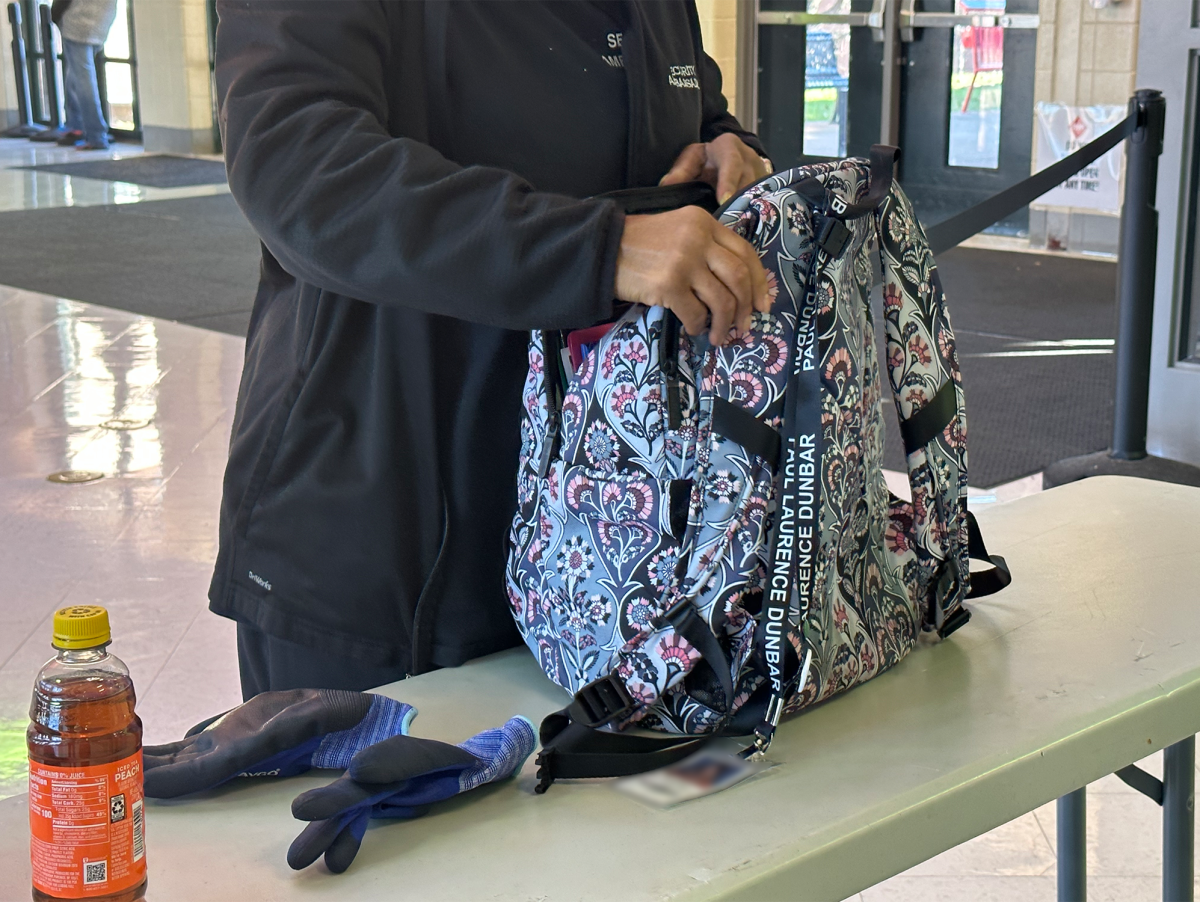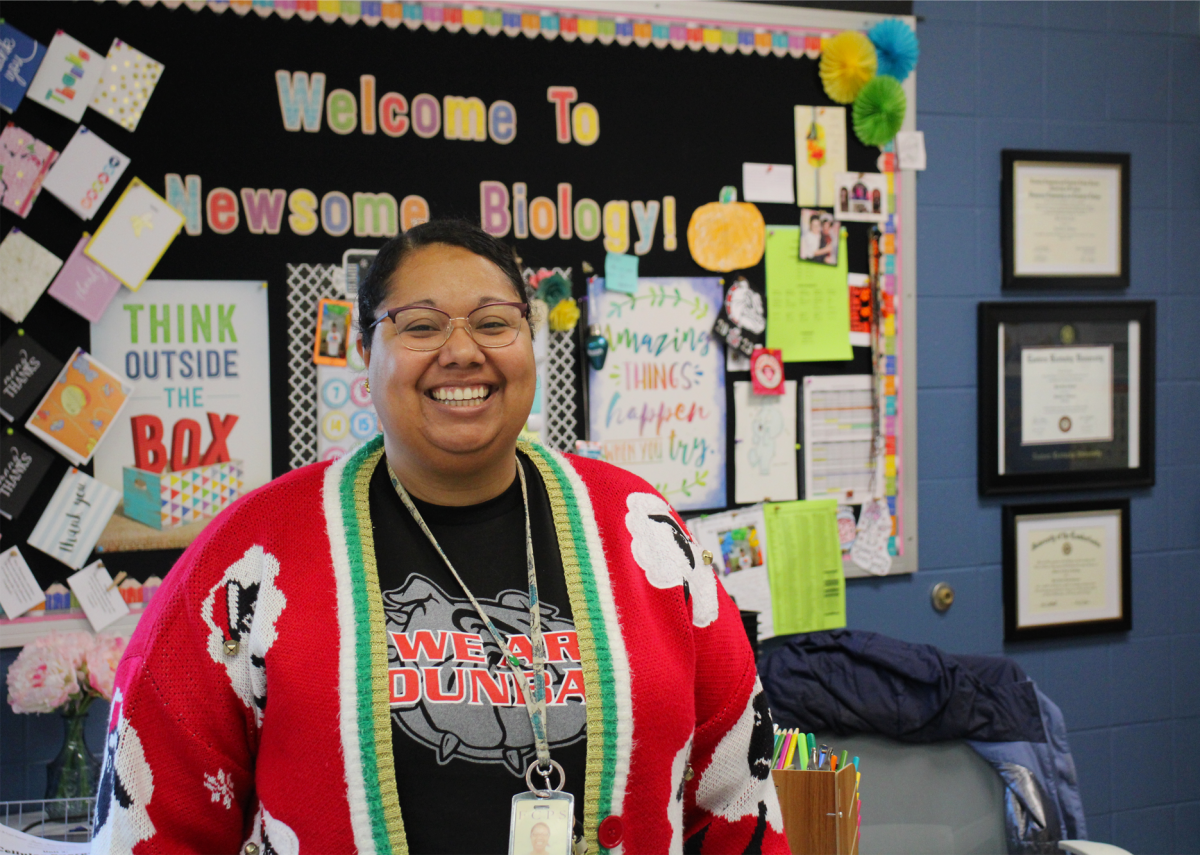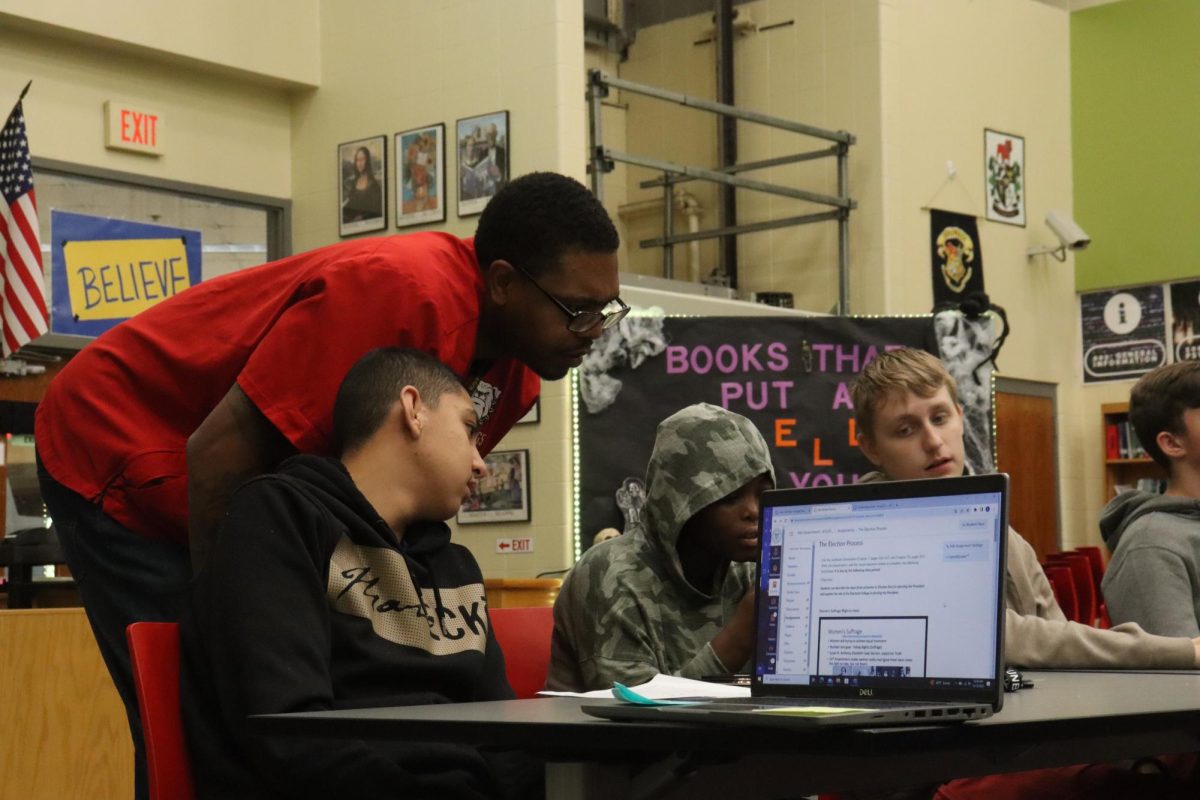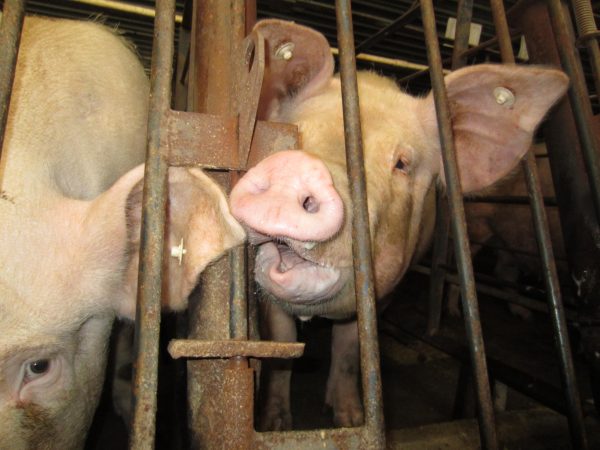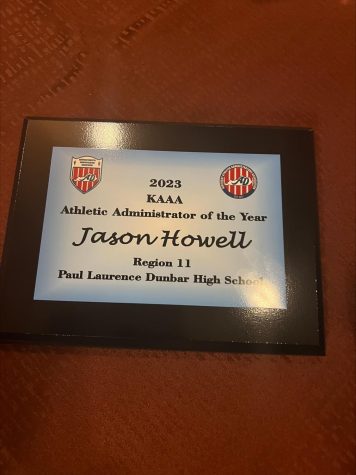Closing the Achievement Gap in Kentucky
Students in rural areas struggle academically due to underfunding and indifferent attitudes towards school.
When I first moved to Lexington, I quickly discovered that my prior education was lacking. I grew up in rural southeastern Ohio, and to put it in perspective, I received an award during eighth grade for highest overall math scores throughout the school. Yet when I came to Dunbar as a freshman, I was enrolled in a general level Algebra 1 class.
This showed me that there is an educational gap between places such as my hometown and cities like Lexington. I think this is due, in part, to the lack of tools allocated to learning and the repetitive cycle of “doing enough.”
In this state, eastern Kentucky is equivalent to my hometown in Pomeroy, Ohio. The high poverty rate is a constant strain on the region’s overall success.
In the 1800s, Pomeroy’s economy was focused solely around this coal–much like eastern Kentucky. But once these sources began to run out, Meigs county slowly became one of the poorest counties in Ohio. According to Ohio History Central, “In 1999, the per capita income in the county was 16,436 dollars, with 20.4 percent of the people living in poverty. This is one of the lowest per capita income averages and highest poverty rates in Ohio.”
According to The Guardian, “Frontier communities steeped in the myth of self-reliance are now blighted by addiction to opioids – hillbilly heroin to those who use them. It’s a dependency bound up with economic despair and financed in part by the same welfare system that is staving off economic collapse across much of eastern Kentucky.”
I received an award during eighth grade for highest overall math scores throughout the school and came to Dunbar as a freshman enrolled in Algebra 1.
Students in these areas view school as a pastime rather than as a way for them to gain experience for higher education and future jobs. And their parents had the same mindset, as did their grandparents and generations before.
My mother and father often speak about how they were given so few options as high school students. This is why, they said, they wish to provide a more stable stepping ground for me.
While President Donald Trump boasts promises of bringing back coal or that he is for the poorly educated, no focus is being set on closing this ever-widening gap. Increasing labor for a rapidly diminishing fossil fuel will not help children receive the education they deserve. It will only constrict forward thinking, forcing them to focus their skills on earning money in the same way they were raised.
The Seven Million states “Between 2000 and 2015, the share of urban adults with at least a bachelor’s degree jumped from 26 percent to 33 percent, while the share in rural areas grew from 15 percent to 19 percent…” The distance between 19% and 33% is unnecessarily large. The best way to quickly eliminate this is by focusing all educational efforts in these counties or regions on better equipment, better staff, and a better learning environment. This will ideally increase incentive to accomplish bigger goals in these students’ lives. The children must want to learn to fulfill a good educational experience.
Kentucky is making strides towards closing the education gap. Though the poverty rates continue to rise, the Northern Kentucky Tribune records that, “For the class of 2014, nearly 70 percent of the state’s districts reported graduation rates of 90 percent or above; 27 percent of its districts graduated at least 80 percent of their students; and only two percent of the state’s 173 districts had graduation rates below 80 percent.”
Even in areas of low-income and limited job opportunities, people can receive their education and fight the need to give in to their surroundings pressures. Kentucky is paving the way for small towns throughout not only the state, but the whole country. By slowly making moves to close this gap, we are moving towards a brighter future for the children of the United States. Whether it be in eastern Kentucky, Lexington or my hometown, children will grow and prosper from the actions we take now.

Peyton is a senior and this is her first year on staff. She loves pugs more than she loves herself.


